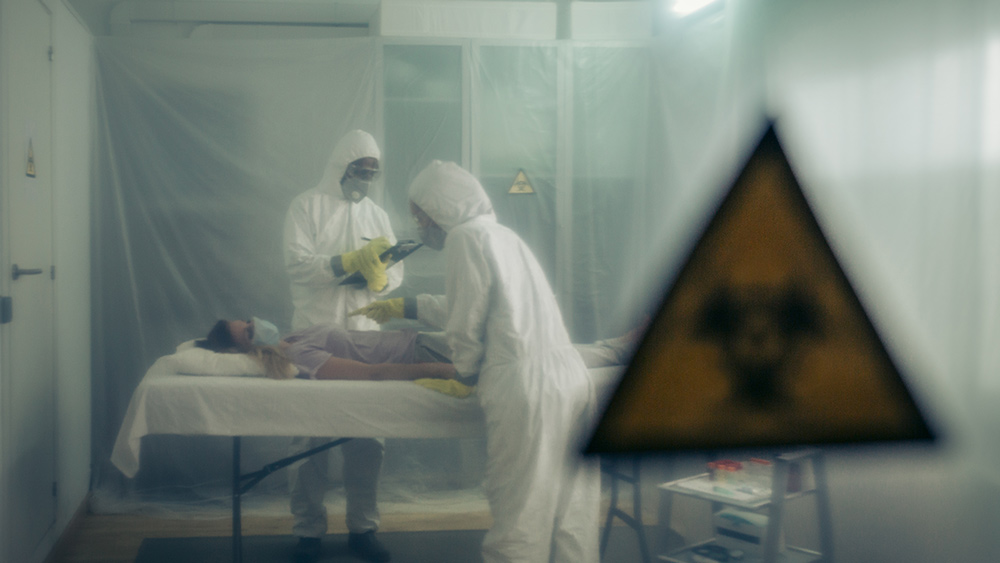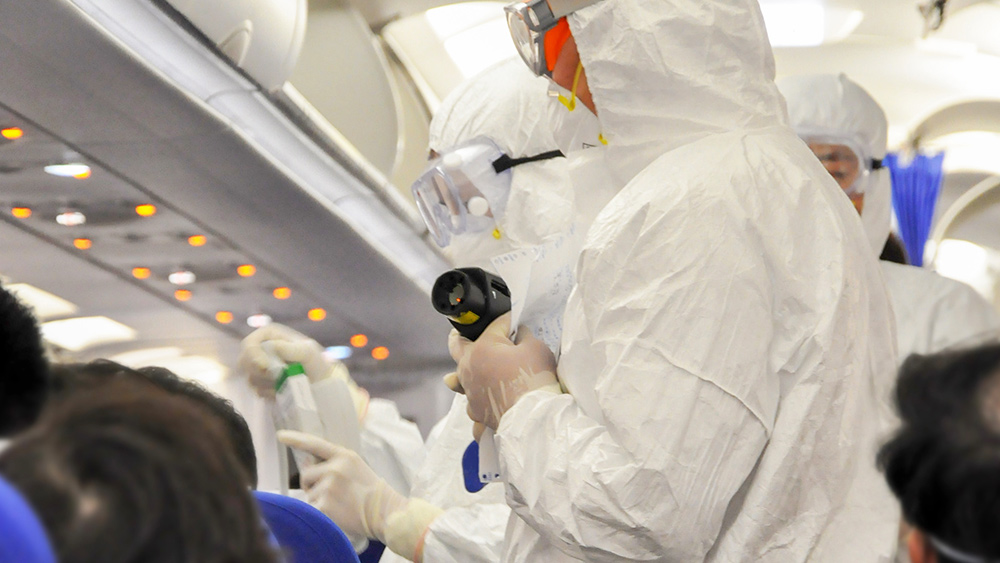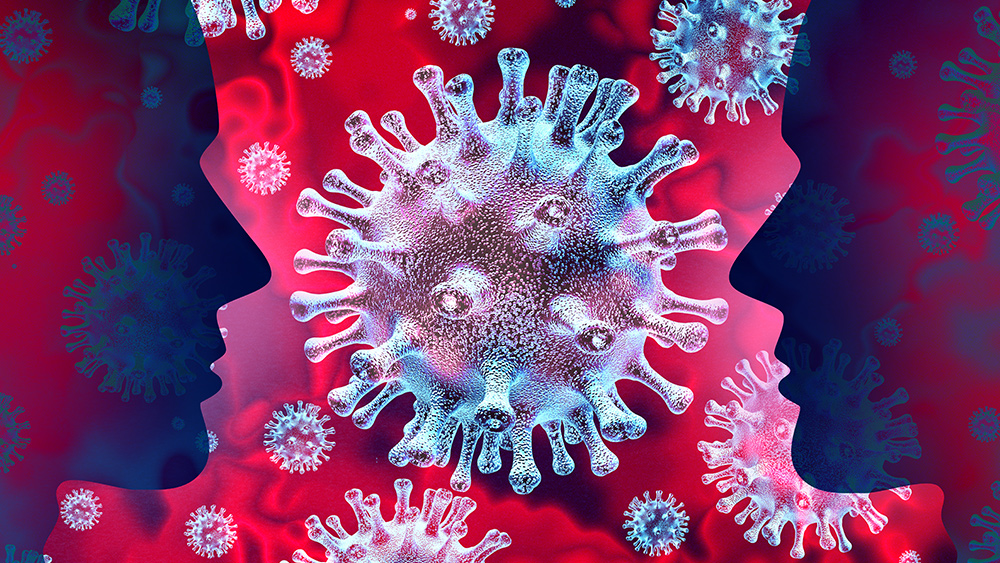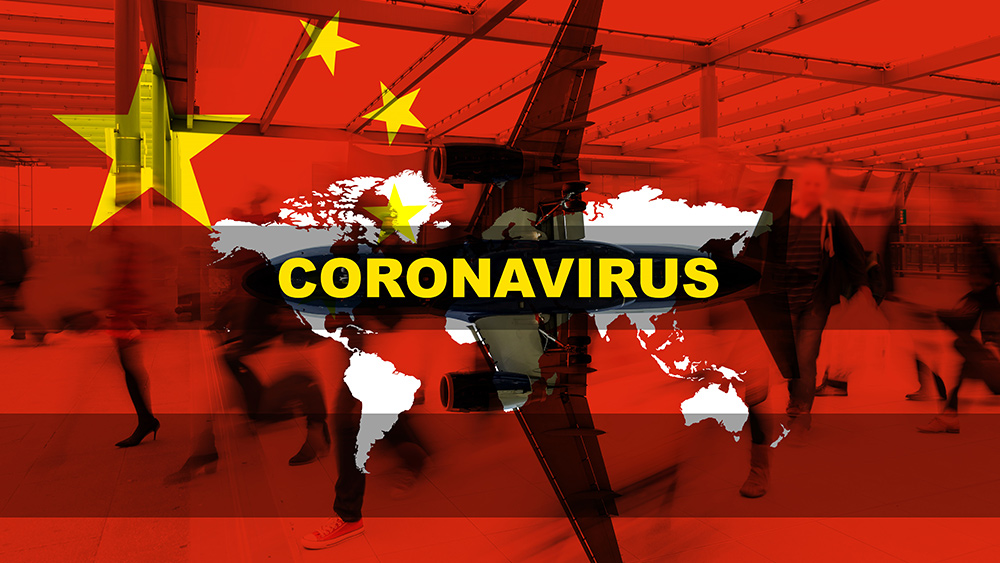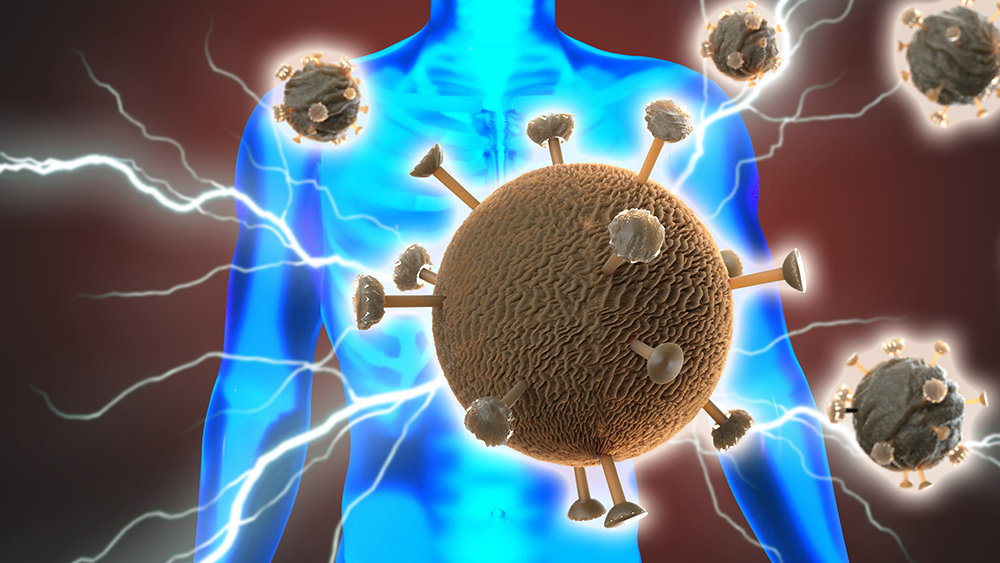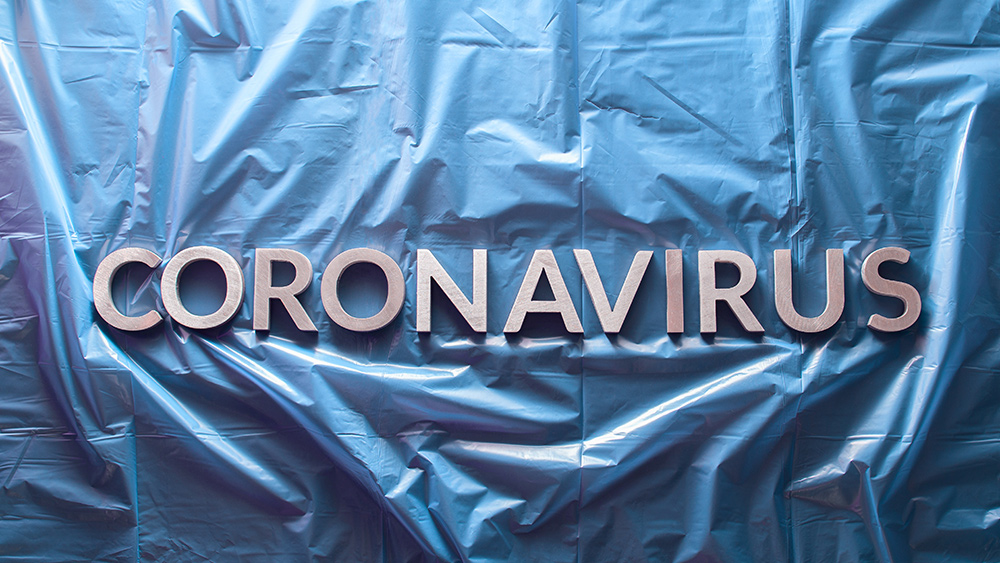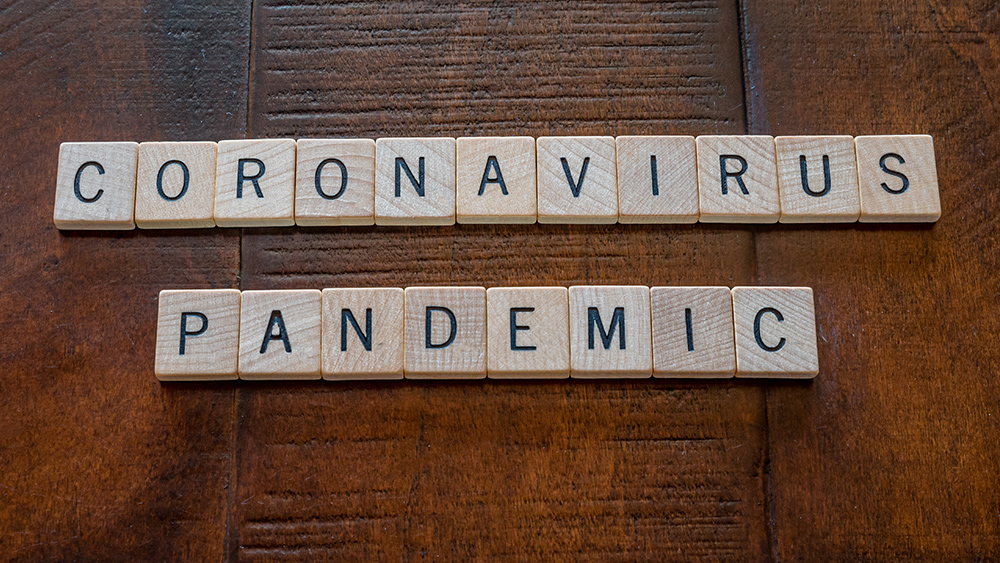Unusual study suggests a previous dengue infection can “protect” against the Zika virus
01/06/2020 / By Michael Alexander
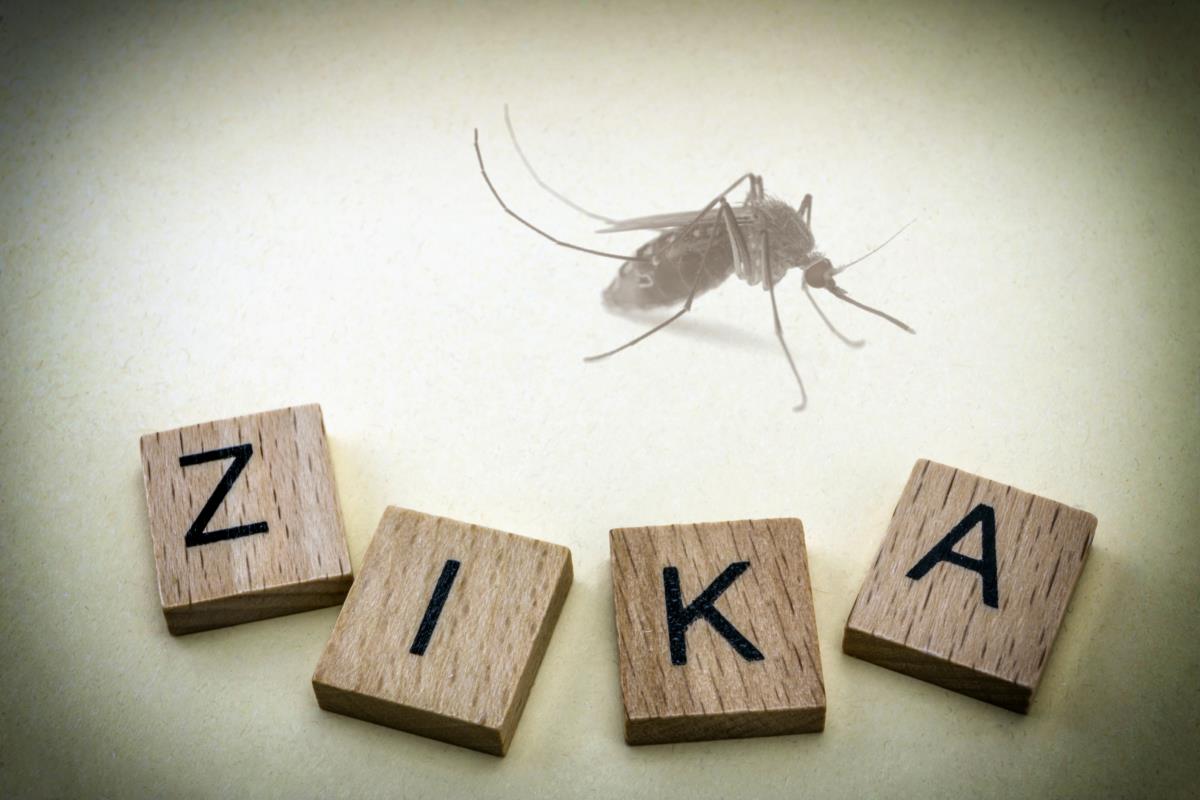
Women who contracted dengue early in their lives do not need to worry about contracting more severe forms of Zika infection and subsequently passing its effects on to their unborn babies, according to a new study.
The study, in which virologists say a person’s previous dengue infection can help protect against Zika-associated damage, was published in the Journal of Emerging Infectious Diseases.
“We can now say that people who have had early infections with dengue do not need to worry much about contracting more severe forms of Zika infection due to this,” Jan Felix Drexler, a virologist and professor at Charité – Universitätsmedizin Berlin, said.
According to Drexler, while the research team already understood the effects that a Zika infection during pregnancy can have on an unborn fetus, the researchers found it puzzling why a high incidence of microcephaly – one of congenital Zika syndrome’s (CZS) notorious hallmarks – seemed to occur in northeastern Brazil.
This prompted the researchers to check if there are certain cofactors that have an influence on whether a Zika infection during pregnancy will develop fatal consequences or not.
According to the study, dengue viruses, which are widespread in Latin America and are transmitted by mosquitoes from the Aedes species, as well as the antibodies that humans produce against them, were suspected to be possible cofactors that contribute to the fetal damage caused in later Zika infection – they were wrong.
According to the study, the researchers first compared the genomes of all known dengue viruses in Brazil. This, however, provided no evidence of a unique dengue virus signature that would explain the uneven spread of CZS cases, as well as their higher incidence in Brazil’s northeastern region. After that, the project team decided to conduct a case-control study to compare 29 mothers of children born with CZS with 108 mothers of children born without any birth defects.
The results indicated that there were much lower levels of dengue virus pathogens and neutralized serotypes in mothers of children born with CZS. According to Drexler, this suggested that rather than enhance the development of Zika-related congenital malformations, dengue virus infection may in fact, offer protection against it.
“Surprisingly, our study has shown that a previous dengue infection can protect against Zika-associated damage,” Drexler said. (Related: Managing dengue naturally: A review of plant-based treatments with anti-viral effects.)
Zika: A backgrounder
Zika, according to the World Health Organization (WHO), was first identified in Uganda in 1947 in a Rhesus monkey, and was later identified in humans in 1952 in both Uganda and the United Republic of Tanzania.
Zika infections were also recorded during the 1960s and 1980s, although according to the WHO, these were “rare and sporadic” cases.
The first major outbreak of the disease occurred in Micronesia in 2007, followed by a large outbreak in French Polynesia in 2013. In 2015, Brazil reported a large outbreak of an illness characterized by rashes, which was then identified as a Zika virus infection. An association between Zika virus infection and microcephaly was discovered soon after.
The Centers for Disease Control and Prevention (CDC), in an advisory posted on its website, says that since there is no cure that currently exists for the infection, those infected with Zika may instead, alleviate the symptoms by resting and by drinking plenty of fluids to prevent dehydration.
Sources include:
Tagged Under: dengue, Diseases, immune system, immunization, infections, outbreak, pandemic, remedies, research, Viruses, weird science, Zika

